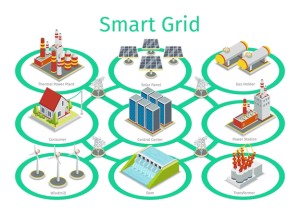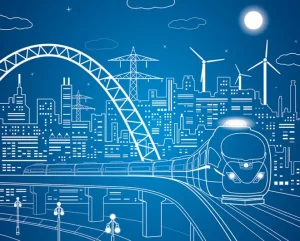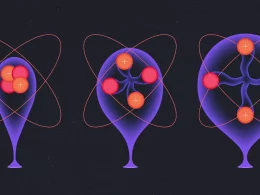Introduction:
Meet Dr. Emily Watson, a seasoned electrical engineer with over two decades of experience in the industry. With a passion for innovation and a keen eye for emerging trends, Dr. Watson is here to guide you through the dynamic landscape of electrical engineering.
Renewable Energy Revolution
Delve into the transformative impact of renewable energy on the electrical engineering landscape. From solar and wind power to hydroelectricity, explore how advancements in renewable technologies are reshaping energy production and distribution.
Smart Grid Solutions

Unlock the potential of smart grids in revolutionizing power delivery systems. Discover how IoT-enabled sensors, AI algorithms, and real-time data analytics are optimizing grid efficiency, enhancing reliability, and promoting sustainability.
Electrification of Transportation
Embark on a journey through the electrification of transportation. From electric vehicles (EVs) to high-speed trains, learn how electrical engineering is driving innovation in mobility, reducing carbon emissions, and revolutionizing urban transit systems.
Next-Generation Batteries
Explore the frontier of battery technology and its pivotal role in advancing electrical engineering. From lithium-ion to solid-state batteries, uncover the latest breakthroughs fueling longer battery life, faster charging, and increased energy density.
Internet of Things (IoT) Integration
Immerse yourself in the interconnected world of IoT and its integration into electrical systems. From smart homes to industrial automation, examine how IoT devices are enhancing efficiency, optimizing resource utilization, and transforming everyday lives.
Advances in Power Electronics
Delve into the realm of power electronics and its significance in modern electrical engineering. From semiconductor devices to power converters, explore how innovations in this field are enabling energy-efficient solutions, grid integration, and renewable energy integration.
Resilient Infrastructure Design

Navigate the importance of resilient infrastructure design in mitigating climate-related risks and ensuring grid reliability. Learn about innovative approaches to infrastructure planning, such as microgrids and decentralized energy systems, that enhance resilience and adaptability.
Visual Table: Trends in Electrical Engineering
| Trend | Description |
|---|---|
| Renewable Energy | Solar, wind, hydroelectricity |
| Smart Grid Solutions | IoT sensors, AI algorithms, real-time analytics |
| Electrification of Transportation | EVs, high-speed trains |
| Next-Generation Batteries | Lithium-ion, solid-state batteries |
| IoT Integration | Smart homes, industrial automation |
| Advances in Power Electronics | Semiconductor devices, power converters |
| Resilient Infrastructure Design | Microgrids, decentralized energy systems |
Comparative Table: Energy Storage Technologies
| Technology | Energy Density | Charging Time | Lifespan | Environmental Impact |
|---|---|---|---|---|
| Lithium-ion | High | Moderate | Medium | Moderate |
| Solid-State | Very High | Fast | Long | Low |
| Lead-Acid | Low | Slow | Short | High |
Conclusion:
In conclusion, the field of electrical engineering is undergoing a rapid transformation driven by innovation and technological advancements. From renewable energy to smart grids, the landscape is evolving to meet the demands of a sustainable and interconnected world. By staying abreast of these trends and embracing emerging technologies, engineers like Dr. Watson are poised to shape the future of electrical engineering and drive positive change on a global scale.










